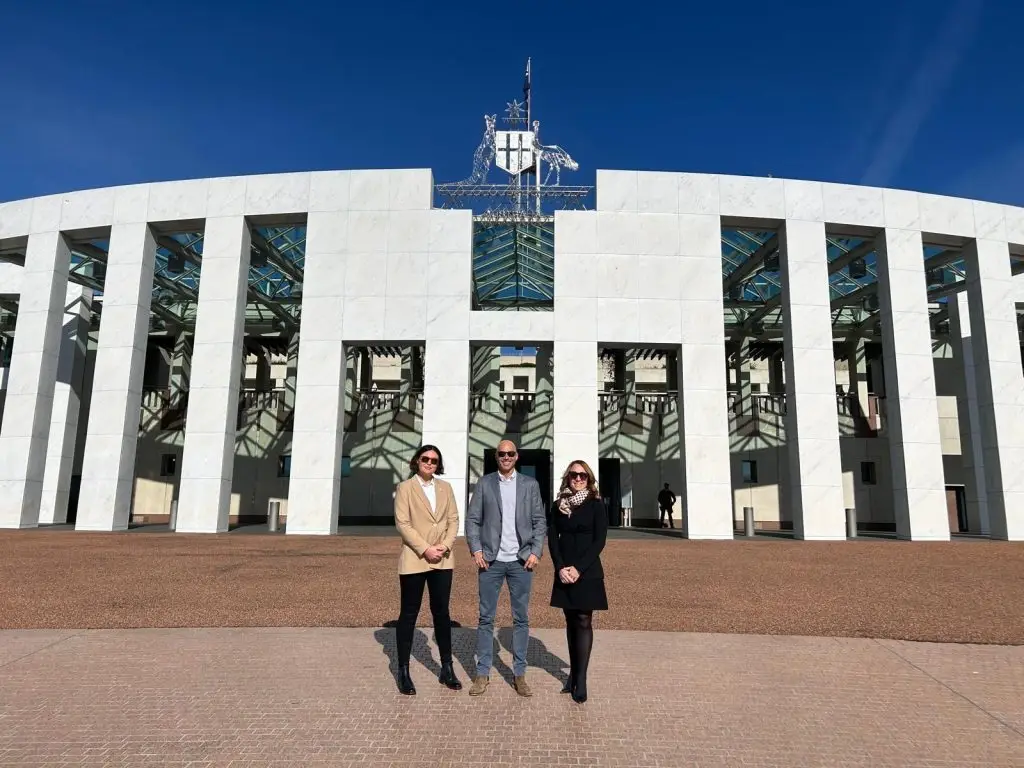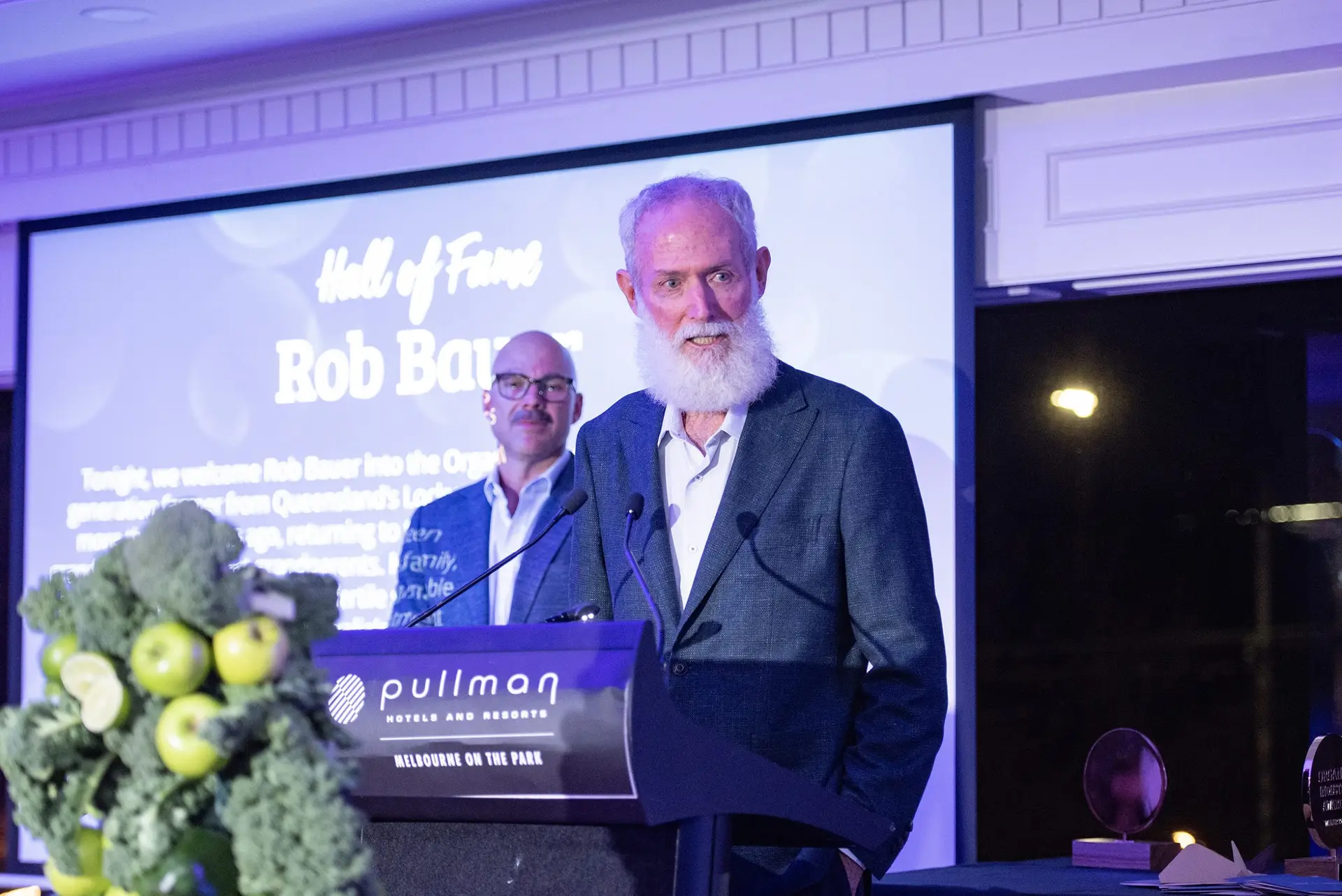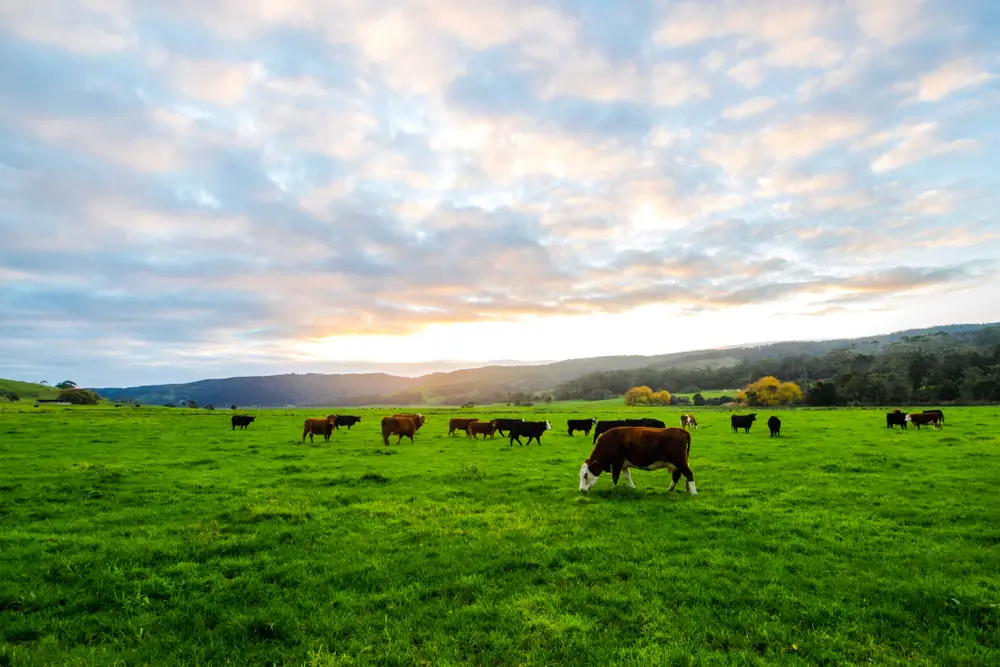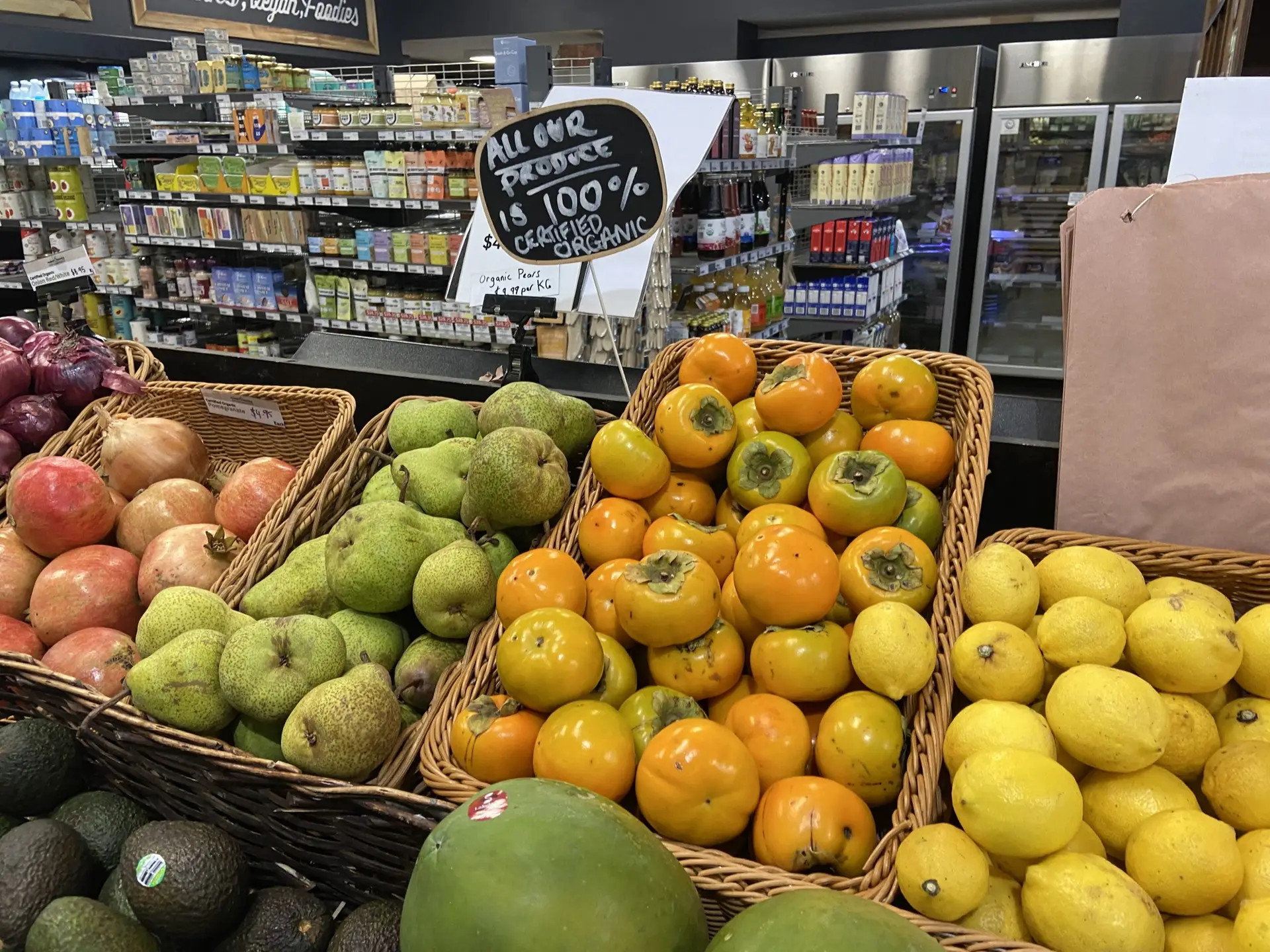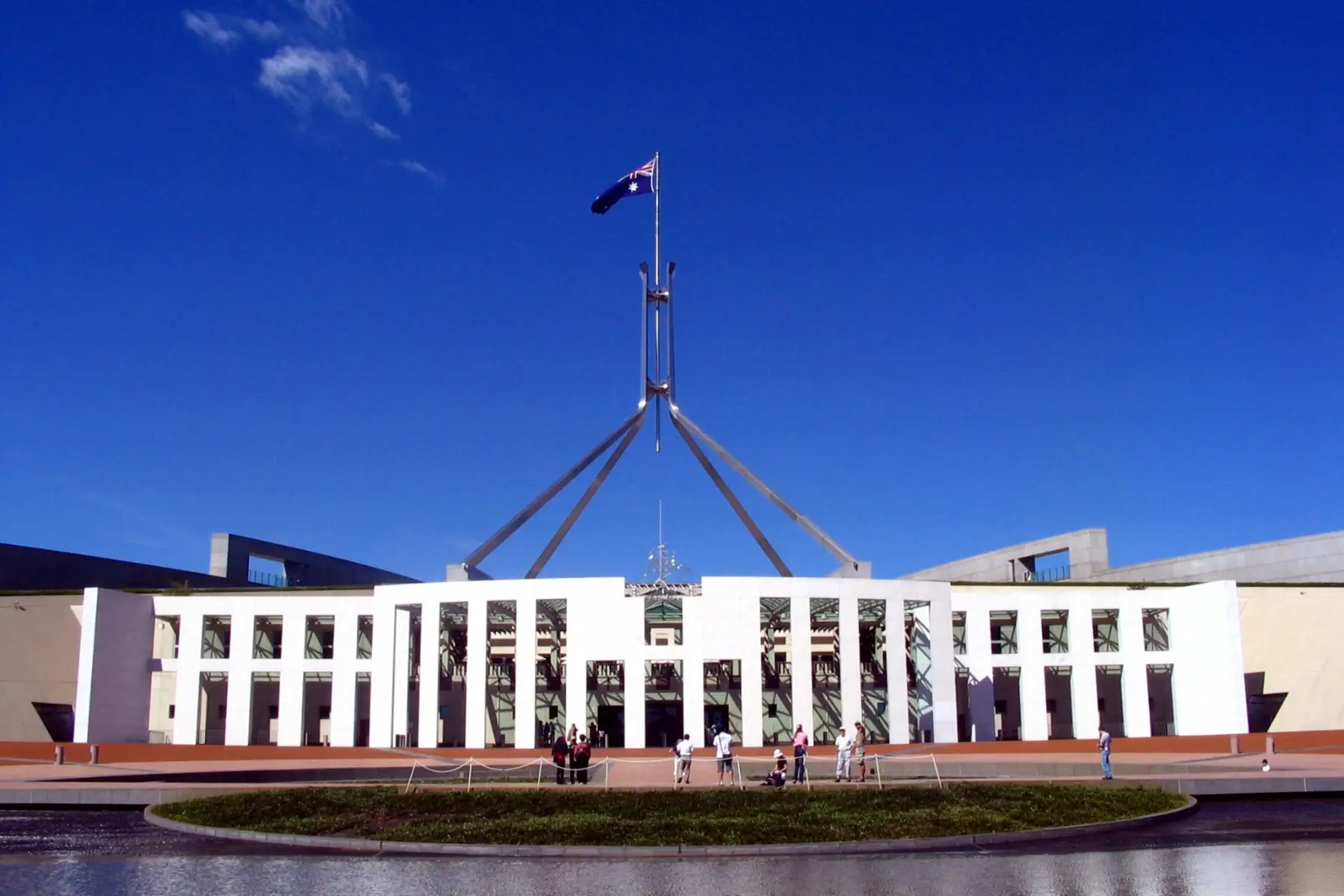PICTURED: AOL Operations and Technical Manager Josefine Pettersson, AOL Chairman David Keens, and AOL Chief Executive Niki Ford
Australian Organic Limited (AOL) will call for harsher penalties on companies found to be misleading consumers when it presents at the latest public hearing of the Senate inquiry into greenwashing in Canberra today.
Since AOL’s initial submission to the Senate committee in May 2023, the ACCC conducted its own inquiry into greenwashing after an internet sweep over October and November 2022 found 57 per cent of businesses were making concerning claims about their environmental credentials.
However, AOL CEO, Niki Ford, said the ACCC report fell short in effectively deterring business from making misleading claims of being ‘organic’ without legitimate certification.
“AOL would like to see the outcomes of the ACCC inquiry strengthened so that significant consequences are imposed on anyone making unsubstantiated claims around sustainability,” Ms Ford said.
“Without penalties that outweigh the benefits of using terms like ‘organic’ as marketing tools, mere guidance will not resolve these issues. The ACCC has highlighted the requirements to avoid greenwashing, so it is crucial to enforce these guidelines in a manner that significantly impacts organisations choosing to disregard them.
“AOL is urging severe ramifications to deter operators from engaging in repeated greenwashing.”
Australia is the only OECD country with no domestic standard for organic products, meaning a product can be labelled “organic” with little to no verification on that claim. Some uncertified organic products contain as little as two per cent organic ingredients.
Lax labelling laws are the main contributor to a significant portion of shoppers still citing trust in organic status as a barrier to purchase, with the 2023 Australian Organic Market Report finding 33 per cent of organic shoppers surveyed purchased a product thinking it was organic based on packaging claims, only to later find it was not.
“There are currently over 2,000 businesses in Australia claiming to be organic that are not certified, with no way for consumers to verify the authenticity of their claims,” Ms Ford said.
“This jeopardises the efforts of producers who have gone through the rigorous third-party organic certification process, proving how they promote biodiversity and encourage soil regeneration with natural alternatives to synthetic fertilisers and pesticides.
“The Australian Competition and Consumer Commission (ACCC) requires any operator making organic claims to be able to support such claims, but there is little to no action taken on businesses which are selling misleading products.
“Until the laws are changed to stop uncertified operators marketing their product as ‘organic’, even the most discerning consumers will continue to be misled by businesses unscrupulously using the term.”
AOL will present at the public hearing alongside David Keens of Manna Farms and Sonya Dowling of Enviroganic Farm, who will share the effects that greenwashing has on their certified organic businesses.
Ms Ford said immediate action was required to safeguard the integrity of the organic industry.
“Current regulatory measures are inadequate to deter the mislabelling of organic products,” she said.
“This creates confusion for consumers and the broader industry, and dilutes the certification process as the term ‘organic’ becomes a marketing ploy used by uncertified operators to greenwash their products based on organic’s reputation as sustainable and environmentally friendly.”
More information on the Senate inquiry into greenwashing here.
Media enquiries:
